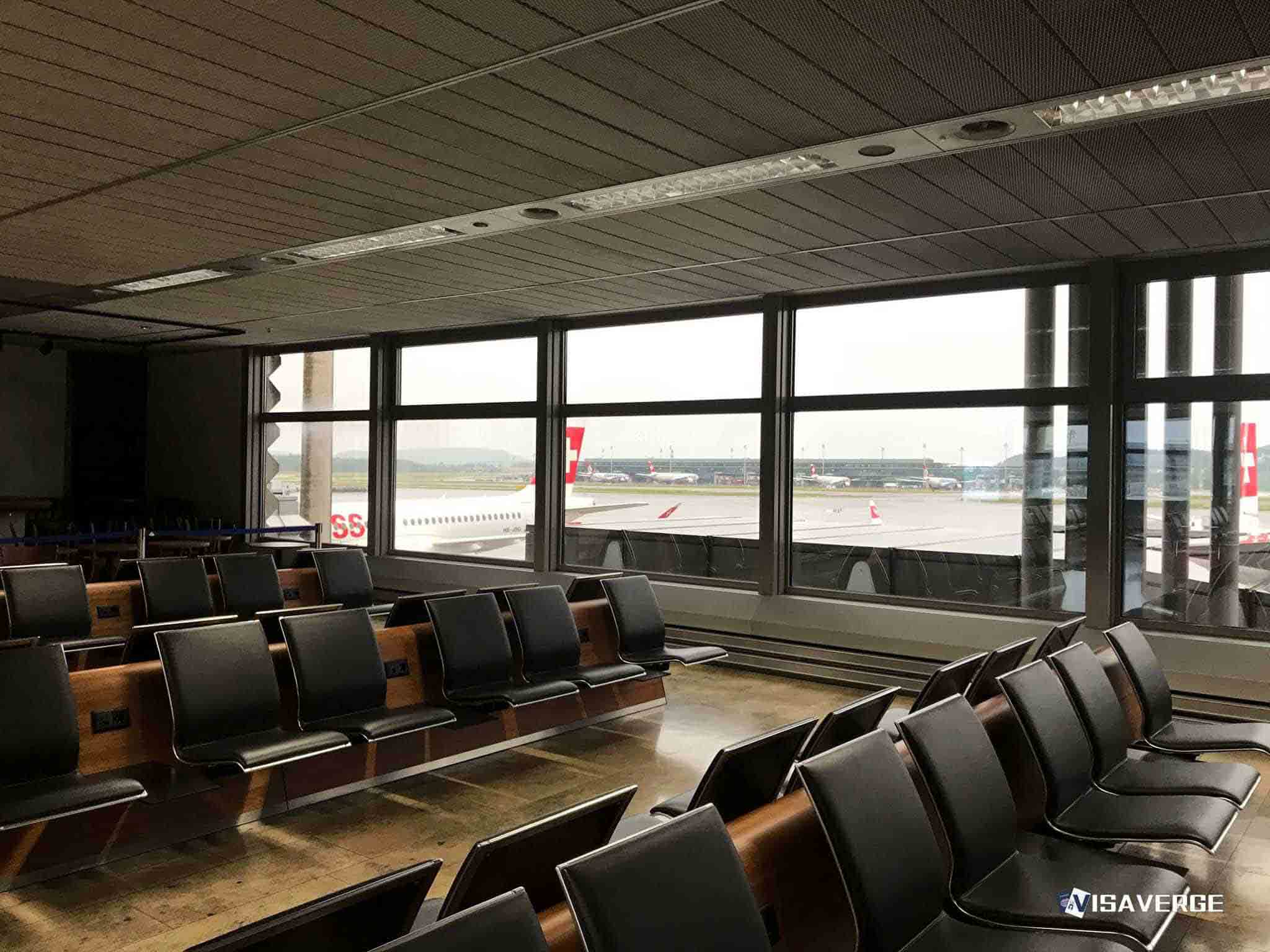(LOUISIANA) The Louisiana Department of Health has confirmed a measles case linked to the MSY airport, prompting fresh attention on travel health for people moving through one of the Gulf South’s busiest gateways.
The department’s acknowledgment centers a concern that touches airline staff, domestic and international travelers, and families awaiting arrivals, while officials focus on what this means for recent passengers and crews who passed through Louis Armstrong New Orleans International Airport. Although the department did not release detailed timelines in the initial notice, the confirmation alone is enough to trigger questions about exposure windows, flight connections, and onward travel for people coming into and out of the state.

Why an airport-linked measles case matters
Public health alerts tied to an airport often ripple far beyond a single terminal. MSY airport serves travelers across the United States and connects to international flights, which means a single measles case can have travel and public health consequences that stretch across state lines and, in some instances, internationally.
For families, employers, and students, the immediate worry tends to be whether people were present in the same areas as the infected individual and during which hours. While those specifics were not immediately shared, the department’s confirmation signals an active review and communication effort designed to reach people who may need guidance.
Who is affected and how
- Travelers: May need to check whether they were in the same airport areas (ticketing, gates, baggage claim, lounges) during potential exposure windows.
- Airline and airport staff: Cabin crews, TSA officers, concession workers, and cleaners may have greater potential contact across zones.
- Families with infants or medically vulnerable members: These groups are especially concerned and may seek medical advice promptly.
- Immigrants, refugees, international students, and visa holders: Missed connections or itinerary changes can affect orientation dates, job start times, court or consular appointments, and immigration processes.
Typical public health steps and traveler actions
Public notices involving airports commonly encourage people to:
- Monitor themselves for symptoms over the coming weeks.
- Contact a healthcare provider if they develop symptoms or have concerns.
- Keep travel documents (boarding passes, receipts) to help recall dates and routes if officials later release detailed timelines.
Airlines and airport authorities often coordinate messaging so travelers know where to seek official updates. An authoritative central notice reduces confusion and helps those with language barriers or limited healthcare access follow verified instructions.
Important: The department did not immediately share specific times or exact airport locations tied to the case. That timeline is often the most critical information for assessing personal exposure.
Operational and community impacts
The news arrives during a busy travel period, adding pressure on airlines and ground services to pass along relevant instructions without unduly disrupting operations. Even brief advisories can lead passengers to:
- Reconsider connecting flights
- Delay visits to relatives
- Reschedule appointments in New Orleans or beyond
Employers and institutions may also take precautions:
- Human resources teams may offer flexible start dates or remote onboarding for new hires who traveled through MSY.
- Schools and universities often share official notices with campus health offices to support returning students.
Community groups, faith leaders, and immigrant service organizations also play a role by amplifying official updates, especially when members travel frequently through MSY.
Communication and accessibility
Public health departments typically prioritize clear, accessible communication during airport-related advisories, including:
- Multilingual notices
- Plain-language guidance for diverse audiences
- Coordination with community clinics, urgent care centers, and hospitals to answer questions
Trusted local messengers can help reduce anxiety by explaining official information in everyday language and advising when to seek medical care.
Practical advice for those who transited MSY
- Review recent boarding passes and travel receipts to identify exact travel dates and times.
- Monitor for measles symptoms and contact a healthcare provider if concerned.
- If you are currently outside Louisiana, contact a local doctor if an official timeline later includes your travel period.
- Keep an eye on official channels for updates and avoid relying on rumors.
What to watch next
In the coming days, attention will likely remain on official updates from the Louisiana Department of Health. Clear guidance can help travelers who moved through MSY decide next steps in consultation with their doctors, and help airlines and airport workers answer routine questions without causing delays or confusion.
Until further details are shared, the department’s confirmation stands as the central fact for the public. For the latest official information, visit the Louisiana Department of Health website, which serves as the state’s primary source for health advisories and updates tied to travel hubs and community settings.
This Article in a Nutshell
The Louisiana Department of Health confirmed a measles case linked to MSY airport and initiated an investigation and contact tracing. The notice affects travelers, airline and airport staff, and vulnerable populations. Authorities recommend monitoring for symptoms, contacting healthcare providers if concerned, and preserving travel documents to verify potential exposure windows. Specific times and locations were not released, and officials are coordinating multilingual communications with local clinics and community organizations to reach those potentially impacted.












